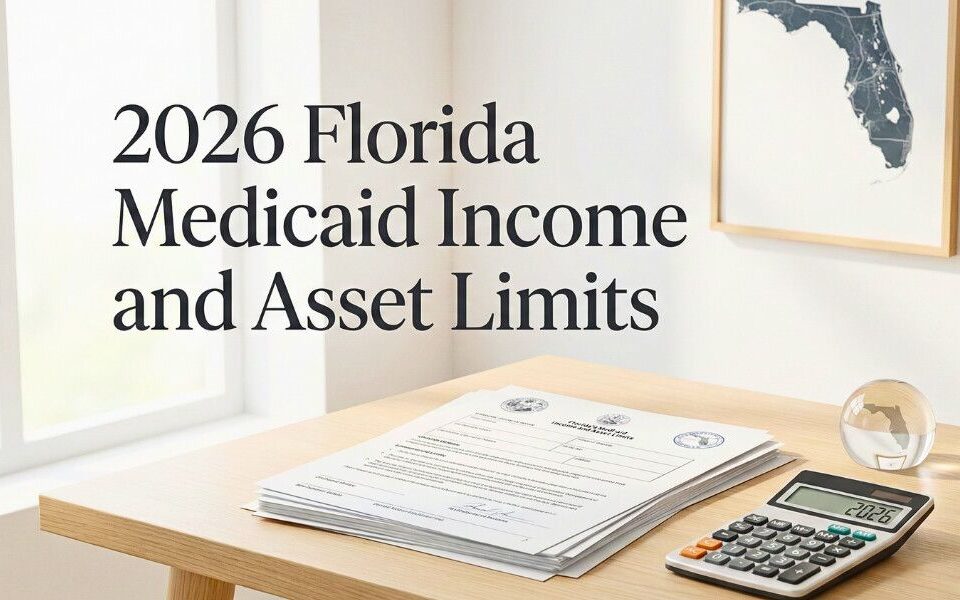Florida is a popular retirement destination for several reasons. Retirees love the sunny weather, active lifestyle, and Florida is financially friendly. However, you might wonder what would happen if you need Medicaid for long-term care. Would you be eligible? Are there ways to protect your assets? Could your will or trusts play a role?
This post provides a closer analysis of the relationships between wills, trusts, and Medicaid for individuals retiring in Florida.
The Intersections of Wills, Trusts and Medicaid in Florida
The Basics of Long-Term Care Medicaid in Florida
Florida Medicaid provides vital support for long-term care services. It helps seniors cover costs associated with nursing home care or home care. However, applicants must meet strict income and asset limits. That may leave many retirees worried about having to sacrifice a lifetime of savings to ensure proper care. They might also worry about depleting any inheritance they were planning to leave to their children.
These concerns often lead seniors to consider estate planning as a means to qualify for benefits while preserving their assets. However, there is a great deal that seniors need to know about how estate planning and Medicaid may interact.
Wills and Medicaid
A will is a legal document outlining your wishes for the distribution of your assets upon your death. The assets remain a part of your legal estate while you’re alive. While a will is an essential element of estate planning, it provides no benefit concerning Medicaid eligibility or asset protection. Since the assets are still legally your property, they will be countable if you apply for Medicaid.
Additionally, assets in your will are subject to probate, making them vulnerable to Medicaid estate recovery. Under estate recovery, the state can seek repayment for long-term care costs by claiming assets from your estate. That’s true even if your will states that you want an asset to go to a specific heir when you die. Without proper planning, much of your estate could go to recovery instead of your heirs.
Trusts for Medicaid Planning
Unlike a will, a trust can be an effective tool for Medicaid planning. A trust is a legal structure you can create to hold and manage assets. While a revocable trust offers more control and flexibility, it typically is not the right choice for Medicaid planning. Instead, you want an irrevocable trust.
An irrevocable trust makes you relinquish control over the assets. In return, you receive protections. Since the assets are no longer legally yours or under your control, they don’t count toward Medicaid eligibility. Additionally, a properly structured irrevocable trust can protect assets from estate recovery.
A trust is a valuable tool for Florida retirees concerned with asset preservation. However, Medicaid planning is complex, and the rules are strict. The trust must use precise language, and asset transfers must be handled properly. You should also be aware of the Medicaid look-back period. Mistakes in any of these areas can be costly.
Are you a Florida retiree seeking assistance with Medicaid planning? The elder law experts from the Scott Law Offices are ready to help. Reach out now to learn more about our estate planning services.




